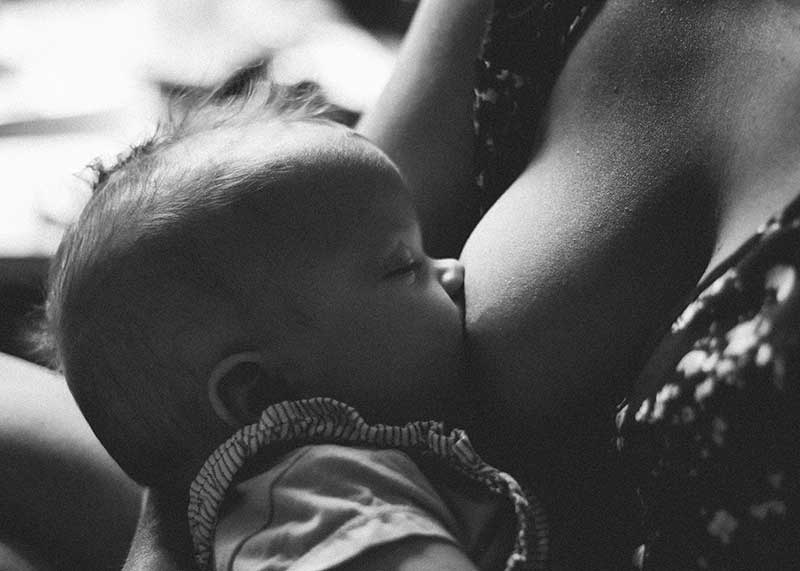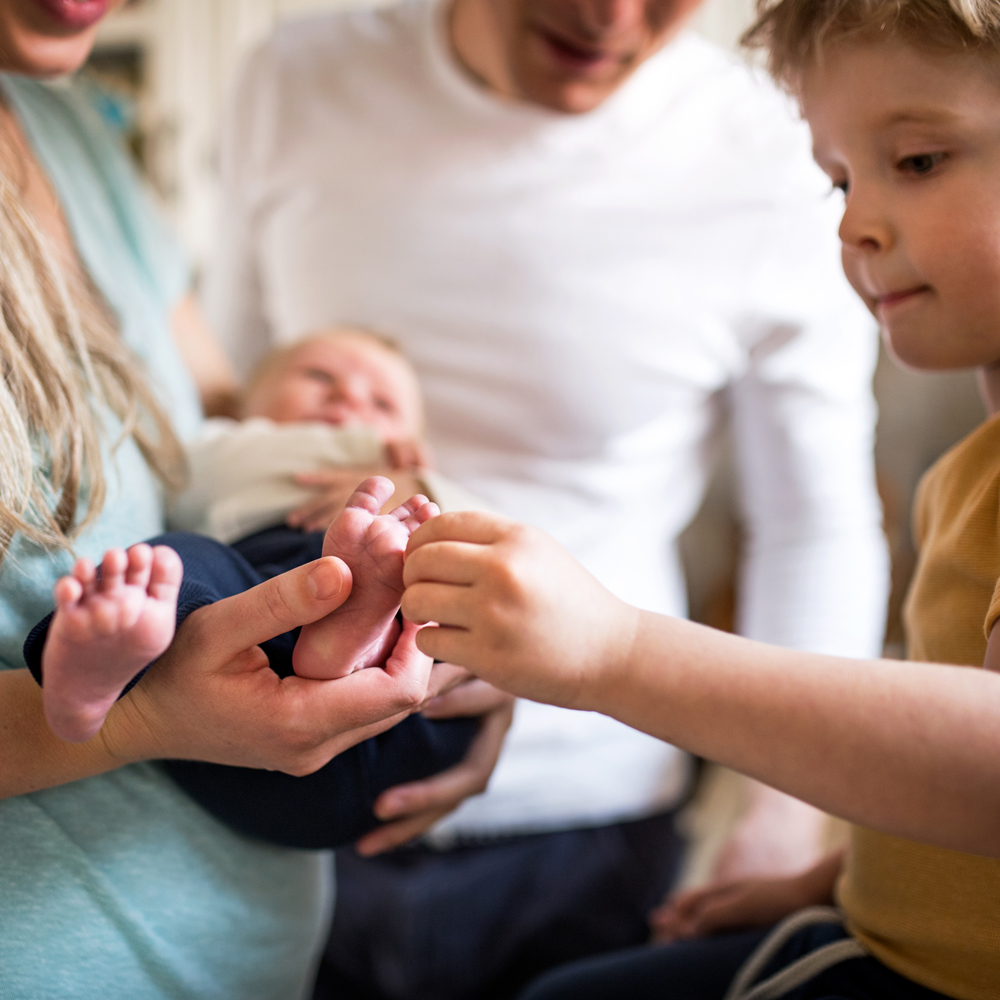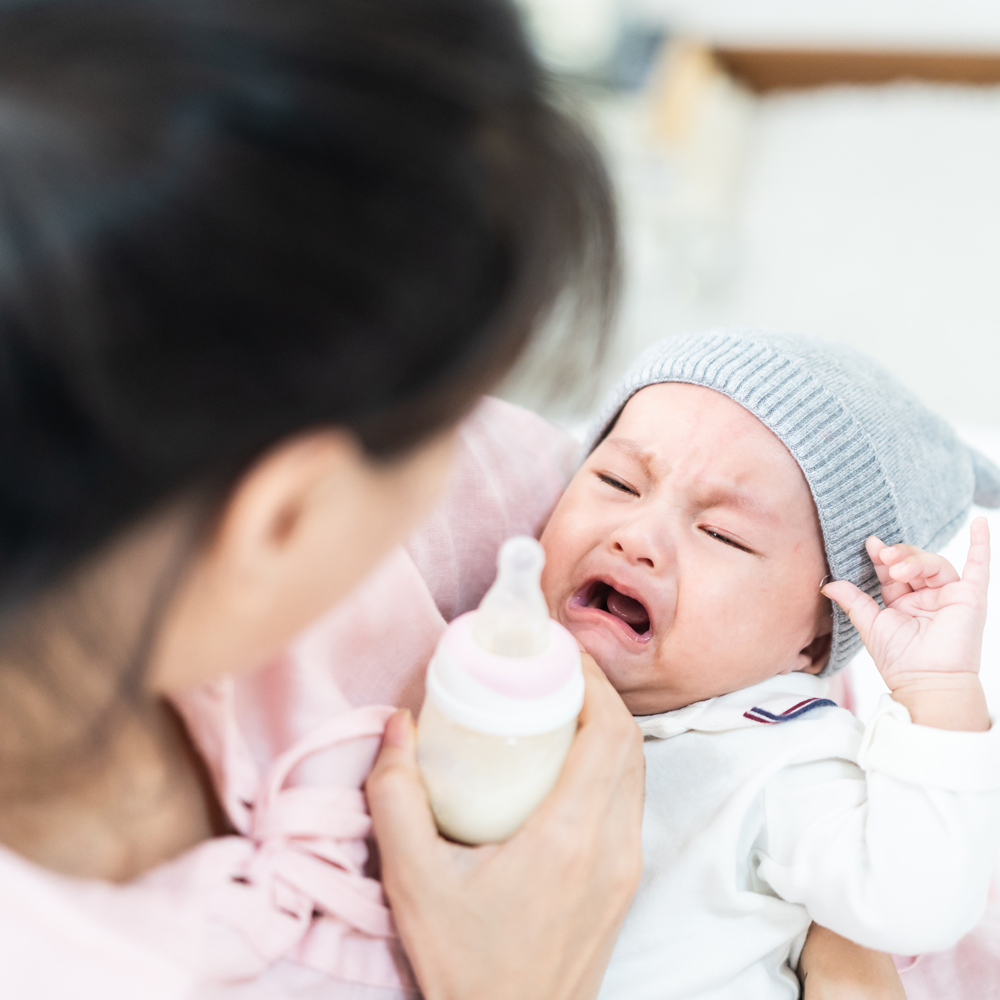What to Expect for the First Days of Breastfeeding

AFTER BIRTH
It’s common for your baby to be alert and awake straight after birth. Then, most babies have a decent sleep soon after their first breastfeed and for some this can last up to six hours. If your baby is resting after their birth, now is a great opportunity for you to get some sleep too. Your midwife, doctor or nurse may advise waking your baby to feed if required.
FIRST 24 HOURS
As they’re likely still quite tired from their recent entrance into the world, your baby may be quite sleepy and not very interested in feeding. If they start nodding off early in a feed, try giving them a little tickle on the feet to remind them to stay awake and keep sucking. If your pēpi needs some help learning to latch, hand expressing can help to remove milk from your breasts. You can then give your expressed milk to your baby on a spoon or via a syringe.
NIGHT TWO
Once your baby is 48 hours old, they will become hungrier. Night two is often when cluster feeding begins and your baby wants to feed more frequently. This is normal and important for helping to bring in your milk and build a good supply. The more milk your baby has early on, the more milk you’ll have in the days ahead. Feed your baby skin-to-skin as much as you can and try to sleep when your baby is sleeping to survive the night.
DAY THREE
Most people find their milk comes in around now, with their breasts feeling fuller and firmer. This commonly coincides with the baby blues as hormone shifts can have an effect on your emotions as well as your milk production.



